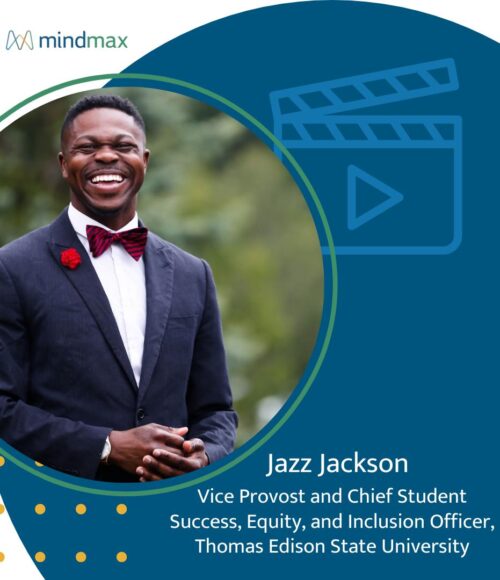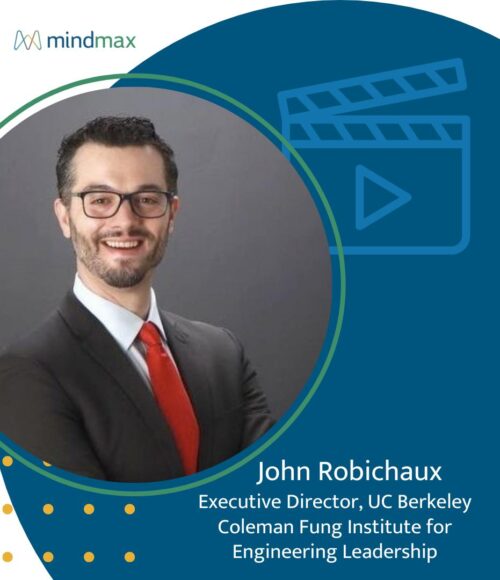From Seattle, WA to Portland, ME: Highlights from the 2017 UPCEA Regional Conferences
From Seattle, WA to Portland, ME: Highlights from the 2017 UPCEA Regional Conferences
This September and October, I had the opportunity to attend each of the five UPCEA regional conferences: West held in Seattle, WA, Mid-Atlantic held in New Brunswick, NJ, South held in Richmond, VA, Central, held in Detroit, MI, and New England, held in Portland, ME.
There was a tremendous amount of content across the 5 conferences – from general session keynote speakers to dozens of concurrent sessions led by corporate and institutional members, so for those of you who didn’t get to all, or any, of these conferences here are my highlights.
2017 UPCEA West Region Conference, September 25-27, Seattle, WA
We are all awash in data so I found the keynote session Calling BS in a Data-Driven World by Dr. Jevin West, Assistant Professor at the University of Washington, an excellent reminder to stay sharp in identifying and responding to BS in the data we encounter at work, home and in the world. Dr. West and his colleague Carl Bergstrom created a class (and website callingbullshit.org) focused on combatting misinformation, specifically focused on data, figures, visualizations, and statistics. I’d highly recommend visiting the site to check out videos, tools, case studies and more to stay shrewd in our data-driven world.
2017 Mid-Atlantic Region Conference, October 4-6, New Brunswick, NJ
Diversity and inclusion are some of today’s hottest topics, so I appreciated the perspective brought to Higher Education by the Building Inclusiveness Upon a Foundation of Diversity Panel. One of the panelists was Dr. Felicia McGinty, Vice Chancellor for Student Affairs at Rutgers University, whose leadership and approach to the hard work of developing a truly inclusive and truly diverse community at Rutgers is worth emulating.
I’d recommend checking out the Rutgers Student Affairs website to learn more about the work Dr. McGinty – and through her leadership, the students at Rutgers – are doing (I think their use of social channels and campaigns is particularly excellent). This includes The Knights’ Call – a code that was collaboratively developed between students and administration – that outlines the values and expectations for all Rutgers community members. In this area, Rutgers has developed an incredibly active, powerful culture worth taking notes from.
2017 South Region Conference, October 11-13, Richmond, VA
In the general session, From Warrior Brain to Artist Brain: Helping Veterans Transition from War to College, we heard from Richard Casper the Founder of CreatiVets – a nonprofit organization that provides combat veterans struggling with post-traumatic stress and traumatic brain injury with opportunities to use art, music, and creative writing to heal their unseen wounds of war. Richard went from being a war veteran with a traumatic brain injury and PTS to an accomplished artist (he received his BFA from The School of the Art Institute of Chicago), nonprofit leader and TIME Magazine’s 2017 Next Generation Leader.
One of CreatiVets current programs includes a 3-week, fully-accredited art program offered at both The School of the Art Institute (SAIC) in Chicago, IL and at Virginia Commonwealth University (VCU) in Richmond, VA. CreatiVets underpins the importance and power of universities creating more and flexible pathways into their schools.
2017 Central Region Conference, October 18-20, Detroit, MI
Each region had at least one session focused on alternative credentials, but I found the Central panel to be the most useful: Innovating the Unknown: Is Higher Education Up to the Challenge of Educating the Future Workforce? I’ve observed that many of the discussions in Higher Ed around alternative credentials are insular – with little opposition or vetting brought in from the outside. The panel in Detroit bucked this trend by including local employers to the discussion – including a Blue Cross Blue Shield of Michigan VP of Human Performance. The result was far more dynamic and highlighted realities that don’t jive with Higher Ed’s interests (for BCBS in Michigan, alternative credentials mean nothing and Bachelor’s degrees are still the law of the land.) It was a good reminder to always include outside voices from business and industry, especially those that don’t confirm your current thinking.
2017 New England Region Conference, October 25-27, Portland, ME
My final highlight comes from the Taking a Communication Perspective and New Pathways for Success keynote by Dr. John Chetro-Szivos, Ph.D., Associate Dean of Professional Studies and Online Education at Clark University. The session explored the importance of leaders in continuing, professional and online education developing better ways of working towards success for themselves – and for the staff and students they serve. Through the communication perspective, Dr. Chetro-Szivos highlighted the importance of meeting the rapidly growing community of non-traditional learners with educational approaches and pathways that fit (most of the time, they still don’t!). While how and where we communicate continues to change and evolve, it’s more important than ever that we equip ourselves with ways to “co-create” relationships, remembering that messages are made up of far more than just words.
How I lived, saw or experienced one of MindMax’s values this month
Get Results – Learn Always – Align to Mission – Build Meaningful Relationships – Ask for Help.
I’m a naturally curious person so I tend to learn new things all of the time, but one of my goals over the past few months has been to be more intentional in what I’m learning. One area I’m exercising this is through music. I was a music minor in undergrad and still actively play the piano and acoustic guitar, but haven’t focused myself to learn new classical piano music for several years. This fall I bought a collection of Chopin waltzes (I love waltzes) and am working my way through them one by one. Some days I’m more motivated than others(!), but I’ve found being more intentional to be surprisingly satisfying.
Related Ideas
Jazz Jackson Wants to Help Every Student Finish What They Start

John Robichaux Wants Lifelong Learning to Drive Public Impact
